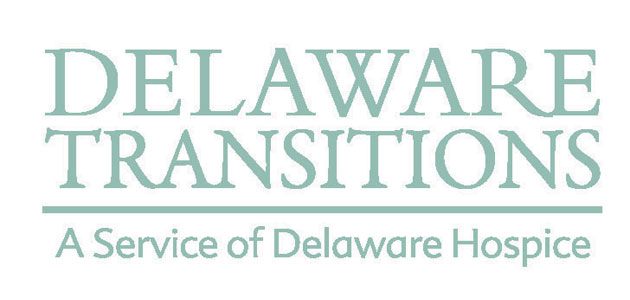For Skilled Nursing Facilities

Transitions can help you extend the services available to your residents and their families.
For example, this e-library website is full of caregiving information. It’s part of our unique commitment to educate residents, families, and professional caregivers about issues that arise during serious illness.
Check out the articles about simple things that can be done to help:
24/7 resources to make education easy
Print out these articles and give them to your staff. Feel free to print them for residents and families also. We know you juggle a lot. This is our way of contributing as a team to provide the best care possible. (Ask us about inservice options.)
Here are other ways we can work together as a team:
You become a resource for our patients and families
Part of the hospice benefit involves periodic respite for family caregivers. It’s hard to watch a relative struggle with a serious illness. And many patients have caregiving spouses dealing with their own health challenges. Medicare will pay for several days of placement so families can get needed respite.
Return to top
We become an extension of your team
Transitions employs a multidisciplinary team of professionals with special training in palliation and end-of-life care. Our areas of care are broad and holistic, including
- pain and symptom management
- emotional and spiritual support
- access to a volunteer visitor
We also have the ability to work with families who often need extensive time and support to come to terms with the terminal nature of their loved one’s condition.
When you have a resident with a terminal diagnosis and a 6 month prognosis, consider calling us in to assist: 302-478-5707
“We are well versed in teamwork
and know how to follow facility protocols
to effectively complement your care.”
Return to top
Signs that hospice may be appropriate
In addition to a terminal diagnosis and 6 month prognosis, these are other flags that it may be time to evaluate a resident for hospice:
- Increased fatigue and weakness
- Prolonged sleeping
- Sudden weight loss
- Difficulty breathing
- Multiple hospitalizations/ER visits in recent months
- Chronic infections or wounds that don’t heal
- Serious illness (CHF, COPD, kidney failure, cancer, dementia, Parkinson’s, ALS…)
If you find yourself realizing that you would not be surprised if a particular resident were to die in 6 months, give us a call at 302-478-5707. This is usually the first flag that a hospice evaluation is a good idea.
Return to top


